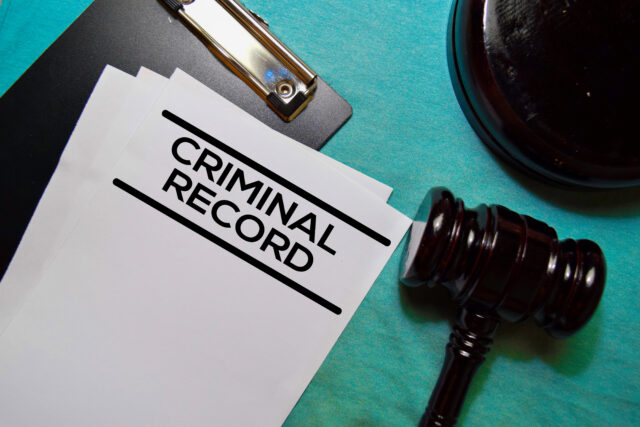Upon an arrest, it may be unexpected to discover that social media played a role in your apprehension. Regardless of whether these applications were used in violation of the law or if evidence of criminal activity was inadvertently posted, one may question the admissibility of their online presence as evidence in court. If these circumstances reflect your situation, it’s advisable to continue reading to understand this process and the significance of consulting with an experienced Dallas County Criminal Lawyer to assist in navigating these difficult times.
Can a Social Media Post Be Used as Evidence?
In Texas, any content published online, whether publicly or privately, can be utilized as evidence to establish culpability for a criminal offense. This encompasses posts, comments, photographs, videos, hashtags, geotags, and even private direct messages. A prevalent misconception exists that private accounts are entirely secure; however, this is erroneous, as screenshots and subpoenas can still be procured during legal proceedings. Evidence of offenses such as driving while intoxicated (DWI), narcotics distribution, committing assault, or possessing illegal weaponry can all be discovered through social media platforms.
Nevertheless, social media posts can only be used as evidence if they meet the same standards of admissibility as any other type of evidence. This means the content must be relevant, authentic, and not hearsay. It’s important to note that deleted posts and messages can be recovered.
What Should I Do if I’ve Been Accused of a Crime?
In the unfortunate event that you have been accused of a crime stemming from your online presence, it’s imperative to undertake the necessary measures to safeguard yourself throughout the proceedings. Generally, the most crucial action one can take when confronting charges in Texas is to abstain from all social media posting. This directive extends to content that may appear entirely unrelated ot the charges. However, any uploaded material can be leveraged against you in court.
Furthermore, the deletion of any previously posted online content is inadvisable. Such an action can be construed as evidence tampering, potentially leading to additional charges. If posts pertinent to the case have already been deleted, immediate contact with a qualified attorney is strongly recommended.
It’s essential to advise friends and relatives to refrain from discussing you or the case, as well as to avoid posting any material concerning you, until the case has concluded. The prosecution retains the right to employ such posts as evidence against you, even if you didn’t author them.
Navigating a criminal case involving social media can be complex. At Spangler Law, we are prepared to fight for you. Connect with our firm today to schedule a consultation.



